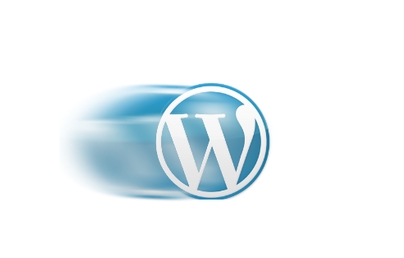Tips to Speed up Your WordPress Site
We live in a flying world; everything here needs to have a minimum speed in order to get noticed. And in the cases of blogs, a blog which takes ages to load will make the readers find some other resources. So a blog should only posses a minimum loading time. And this post deals with how to speed up your WordPress site, WordPress sites and blogs has got a large collection of plug-ins and add-ons and if you use a lot of it, it will result in increase of loading time and here are some tips and tricks to speed up your WP site.
1.Remove useless Plug-ins
WordPress has got a huge collection of plug-ins but it’s not necessary to fill your site with all these, use what’s needed and do try your maximum to avoid plug-ins that use a large memory. Removing useless plug-ins is the first and foremost tip to speed up your site, sometime some plug-ins can be integrated with our blog’s template if possible do it, otherwise it’s advisable to avoid using unnecessary plug-ins.
2.Use plug-ins
You may be really wondering, what this fellow is saying. Yes, it’s true; some plug-ins helps to optimize your blog and thus provides a good performance. WordPress Super cache plug-in is the best among it, these plug-ins cache your pages and stores it as HTML files so that you can escape from the high loading time that occurs when a WordPress site loads which is build up on PHP based content management systems. Other plug-ins that works similar to WP Super cache are Total Cache plug-in, WP Minify, Lazy Loader Plug-in, etc……..
3.Optimize Images
Images are an unavoidable factor in blogs, images makes a blog post attractive and will convey the matter easily but images with more size will affect the loading time of your blog very badly. So it is better to use images with less size or you can optimize images with easy tools like Riot or you may upload images to other image hosting like Flickr and copy it from there. You can also use image editors like Photoshop to optimize your images, the Save for web option in Photoshop under the file menu helps you to do it.
4. Compress Scripts and CSS
Compressing your HTML codes, Java scripts, CSS, etc by removing the white spaces is the next step to speed up the site. The WordPress plug-in css compressor can be used to compress your CSS lines and while writing CSS remember to use the shorthand’s than using the lengthy lines. For compressing the JavaScript’s the best WP plug-in is Js Compressor, which compresses your JavaScript’s by about more than half and thus increases the site speed.
5. Disable Post Revisions
Post revisions was not so a good facility for blogs that has only single author but it seems to be an effective tool for multi-author blogs. The post revisions creates a new row in your wp_posts table whenever you edits or saves a post and it is likely to save a post more than one time. So a new row is created during each save and memory is lost due to it. So to avoid it you need to add the following code segment to your wp-config.php file:
define(‘WP_POST_REVISIONS’, false );





